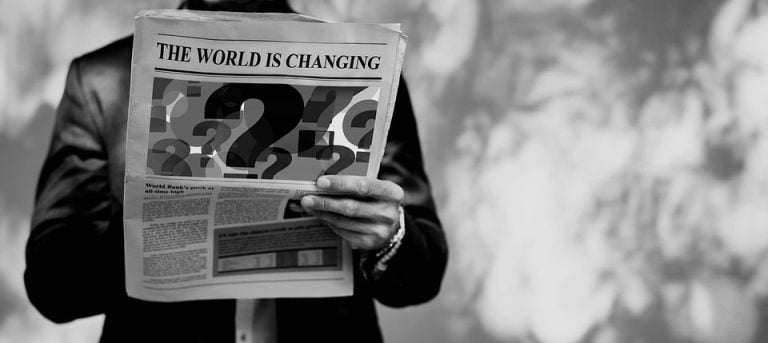Does ‘Do’ Really Do It All? An In-Depth Look at the Versatility of ‘Does’
Introduction
Do you ever stop to think about how much you use the word ‘do’? It’s a small, seemingly insignificant word, but it carries a lot of weight. It’s a word that can be used in a variety of ways, and it’s one that we use in our everyday speech without even realising it. But just how versatile is the word ‘do’? Is it really capable of doing it all? Let’s take an in-depth look at the power and versatility of ‘does’.
The Grammar of ‘Does’
Before we dive in, let’s first establish what ‘does’ actually is. In English grammar, ‘does’ is the third-person singular present tense of the verb ‘do’. It’s used to form questions, negations, and emphatic statements. For example:
-Do you like ice cream?
-He doesn’t like broccoli.
-She really does enjoy jogging.
Does as an Auxiliary Verb
One of the most common uses of ‘does’ is as an auxiliary verb. That means it’s used with another verb to form a question or negation in the present tense. For example:
-Do you want to go to the movies?
-He doesn’t play video games.
This use of ‘does’ can be seen in a wide range of contexts, from asking about preferences and hobbies to discussing everyday activities.
Does as Emphasis
‘Does’ can also be used for emphasis, particularly in spoken English. In this context, ‘does’ is used after the verb and is emphasised in speech. For example:
– I do love a good cup of coffee!
– He does talk a lot.
These statements emphasise the verb, highlighting the speaker’s feelings or beliefs about the subject at hand.
The Versatility of ‘Does’
So, we know that ‘does’ has a few different grammatical uses, but just how versatile is this small word? As it turns out, ‘does’ is incredibly versatile, and it can be used in a wide range of contexts.
Asking About Preferences
One of the most common uses of ‘does’ is in questions about preferences. For example:
-Do you prefer coffee or tea?
-Does she like romantic movies?
In these cases, ‘does’ is used to form a question about one’s likes or dislikes. It’s a useful tool for getting to know someone’s preferences and tastes.
Talking about Capabilities
‘Does’ can also be used to talk about one’s abilities and capabilities. For example:
-Can you play the guitar?
-I don’t think he does yoga.
In these cases, ‘does’ is used to talk about whether someone is capable of doing something. It can provide valuable information about an individual’s skills and talents.
Describing Behaviours
‘Does’ can also be used to describe behaviours and actions. For example:
-He always does his homework late at night.
-She does her best to stay active.
In these cases, ‘does’ is used to describe an individual’s habits or behaviours. It can give insight into a person’s routines and way of life.
Emphasising Beliefs
Finally, ‘does’ can be used for emphasis, as we discussed earlier. For example:
– I do believe in ghosts!
– He does love that new car of his.
In these cases, ‘does’ is used to emphasise the speaker’s feelings or beliefs about a subject. It can add extra weight and significance to a statement or opinion.
Conclusion
So, does ‘do’ really do it all? As it turns out, it’s a powerful and versatile word that can be used in a wide range of contexts. From forming questions and negations to highlighting beliefs and behaviours, ‘does’ is an essential part of the English language. The next time you use the word ‘does’, take a moment to appreciate its versatility and power. You might just be surprised at all the ways it can be used.

